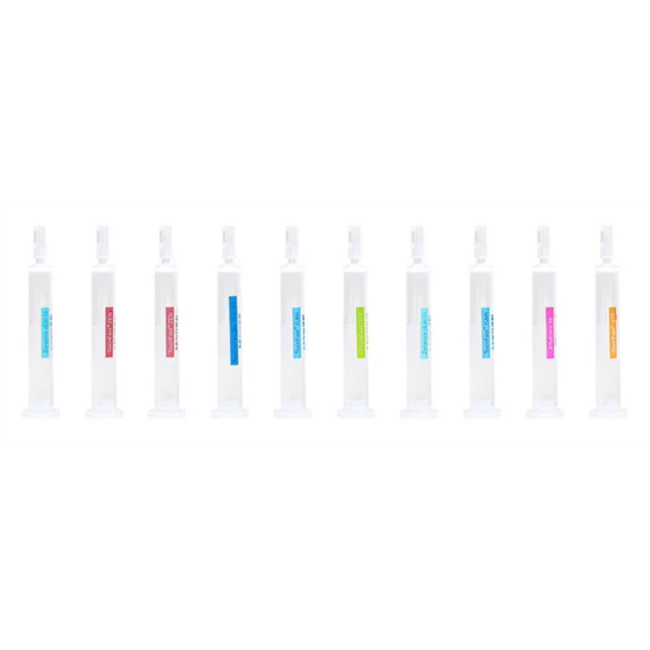
Citrinin is a toxic secondary
metabolite produced by a fungus (Monascus monascus). Its main target organ is
the kidney, also known as nephrotoxin. At the same time, citrinin is
teratogenic. It mainly pollutes red yeast rice products, corn, rice, cheese, etc.,
which are harmful to human and animal health.
The basis of the measurement
is the antigen-antibody reaction. Antibodies are connected to the column and
the citrinin in the sample is extracted, filtered, and diluted, and then passed
slowly through the citrinin immunoaffinity column. The toxins bind to the
antibodies in the column and the immunoaffinity column is then washed to remove
other unrelated substances that have not been bound. Citrinin is eluted with
methanol, and then injected into the analytical instrument for detection.
Specifications:
|
Sample Type |
Grains, red koji products |
|
Packaging |
25 Tests/Kit (Also available as
50T – call for pricing) |
|
Storage |
The storage temperature is
2-8°C |
|
Shelf life |
The validity for this kit is
18 months |